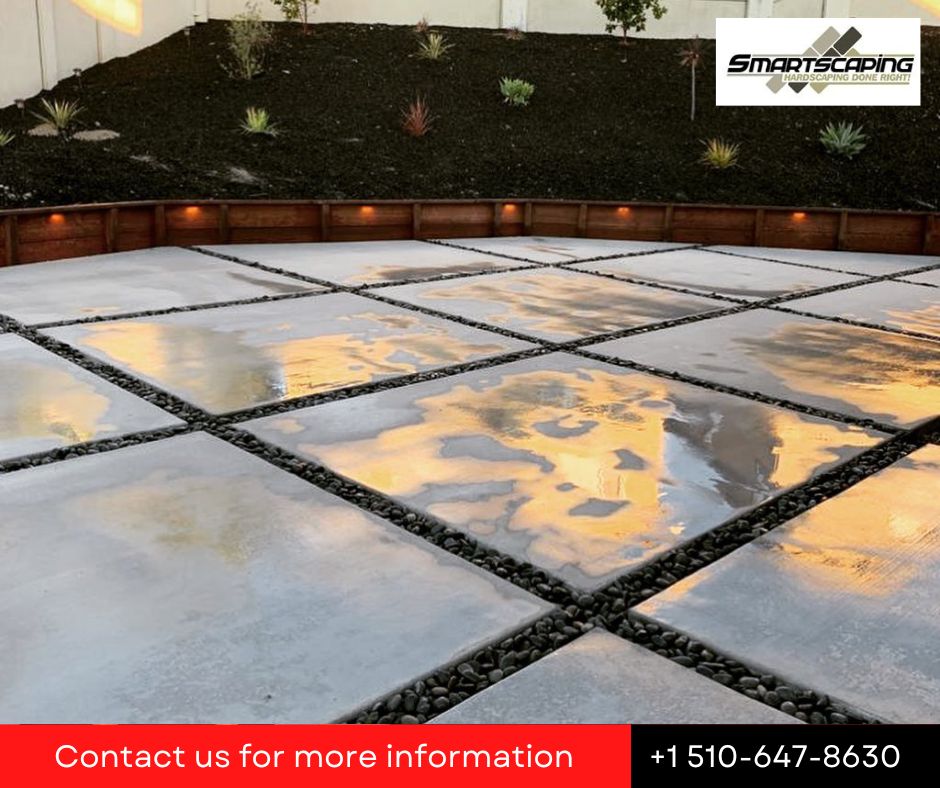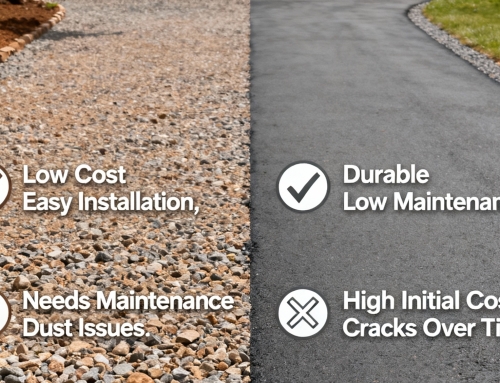Welcome to the Smartscaping blog! Today, we will delve into the world of concrete driveways, exploring their lifespan, potential disadvantages, and the importance of regular maintenance. Whether you are a homeowner or a potential buyer, understanding the longevity and care of your concrete driveway is essential for making informed decisions. Let’s get started!
How Long Does a Concrete Driveway Last?
A concrete driveway, when properly installed and maintained, can be a durable and long-lasting addition to your property. On average, a well-maintained concrete driveway can last anywhere from 25 to 30 years, or even longer in some cases. However, several factors can influence the lifespan of your concrete driveway, such as climate, usage, and the quality of installation. We’ll explore these factors in detail to help you maximize the longevity of your investment.
Disadvantages of Concrete Driveways:
While concrete driveways offer many benefits, they are not without their drawbacks. Understanding these disadvantages can help you weigh your options before deciding on the best driveway material for your home. Some common disadvantages include:
- Cracking: Concrete driveways are susceptible to cracking, especially in regions with extreme temperature fluctuations or poor installation practices.
- Stains and Discoloration: Concrete is porous and can absorb oil, chemicals, and other substances, leading to stains and discoloration over time.
- Cost: Concrete driveways can be more expensive to install initially compared to some other driveway materials.
- Repairs: While durable, repairing concrete driveways can be labor-intensive and may require professional assistance.
How Often Should a Concrete Driveway Be Sealed?
Sealing your concrete driveway is crucial for maintaining its appearance and extending its lifespan. As a general guideline, it is recommended to seal a new concrete driveway after it has fully cured, typically within the first 28 days of installation. After the initial sealing, it is advisable to reseal the driveway every two to three years, depending on the climate and wear and tear. Regular sealing helps protect the concrete from stains, moisture penetration, and freeze-thaw cycles, reducing the risk of cracking and other damage.
Conclusion:
Concrete driveways Berkeley offer an excellent combination of durability and aesthetic appeal, making them a popular choice for homeowners. Understanding the lifespan of concrete driveways, potential disadvantages, and the importance of regular maintenance can help you make informed decisions and ensure your driveway stands the test of time. Remember, proper installation and maintenance are key to enjoying the full benefits of your concrete driveway for decades to come.
We hope this feature snippet has provided valuable insights into the world of concrete driveways. For more tips and advice on landscaping and property maintenance, stay tuned to the SmartScaping blog!







